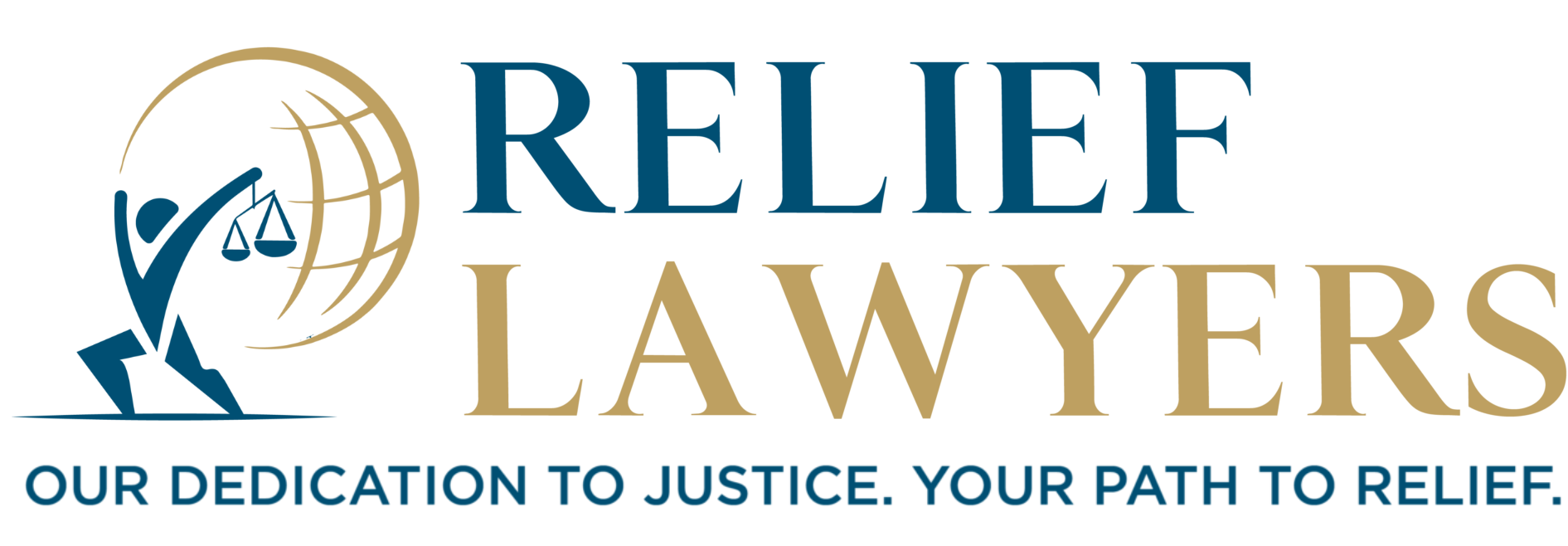
Contracts are a foundation of business operations, helping to preserve professional relationships and keep transactions on track. When one is broken, the disruption can affect workflow and cause financial strain. For Nevada’s business leaders and corporate entities, responding effectively to these situations helps protect ongoing interests. Relief Lawyers provides guidance to navigate these complex disputes with clarity and direction.
Understanding Breach of Contract
Businesses must comply with legal standards to avoid lawsuits. Adhering to state and federal regulations isn’t just about following the law; it’s a strategic way to prevent costly legal issues. Ignoring these regulations can lead to fines, sanctions, and lawsuits.
Crafting Solid Contracts and Agreements
A breach of contract occurs when one party fails to fulfill the terms of a legally binding agreement. This may involve delays, poor service, or unpaid amounts. In many cases, breaches result from confusion, financial strain, or intentional disregard for specific terms.
Some of the more common causes include:
- Conflicting interpretations of the contract
- Unexpected economic shifts
- External factors hindering performance
The repercussions for businesses can be severe, disrupting operations, cutting into profits, and straining professional relationships. Promptly addressing breaches minimizes damage and maintains business integrity. Business leaders can better manage these situations and safeguard their interests by grasping the complexities of breach cases.
Legal Remedies for Breach of Contract
Several legal remedies exist under Nevada law for those facing a breach of contract. Depending on the circumstances involved, these approaches offer different ways to resolve the issue.
Negotiation and Settlement
Negotiation and settlement are often the first steps in resolving a breach. This process involves both parties discussing the issue to reach a mutually acceptable solution without going to court. Settling out of court can save time and resources, preserve business relationships, and lead to a faster resolution, allowing both parties to maintain control over the outcome.
Damages
When negotiation doesn’t work, seeking damages is a common legal remedy. Damages are financial compensation for losses due to the breach. These include:
- Compensatory damages: Cover direct losses and costs from the breach.
- Consequential damages: Address additional losses that the defendant caused because of special circumstances.
The specifics of the case, including the breach’s extent and the losses incurred, determine the assessment and awarding of damages.
Specific Performance
Sometimes, damages aren’t enough. Specific performance is a remedy where the court requires the breaching party to fulfill their contractual obligations. The court typically uses this remedy when the contract’s subject is unique, and monetary compensation isn’t adequate, ensuring the non-breaching party receives exactly what they agreed upon.
Rescission and Restitution
Rescission and restitution cancel the contract and return the parties to their pre-contractual positions. Rescission is suitable when a breach is so significant that it undermines the contract’s purpose. Restitution involves returning any benefits or payments exchanged. These remedies are appropriate when continuing the contractual relationship isn’t viable, and both parties wish to discard their obligations.
Practical Steps After a Breach of Contract
Responding quickly and thoughtfully to a breach can help protect business operations. These steps provide a clear starting point:
Review the Contract
Start by examining the contract closely. Look for specific terms and clauses related to breaches and remedies. This will help determine if a breach has occurred and guide your next steps. Pay special attention to any dispute resolution clauses that might dictate how the issue should be handled.
Review the Contract
Keep detailed records of the breach. Document dates, communications, and the specifics of what went wrong. This evidence is crucial for supporting your claims in negotiations or potential legal proceedings. Include all relevant emails, letters, and other correspondence.
Seek Legal Counsel
Engage a breach of contract lawyer to help interpret the contract and assess your position. A lawyer can provide strategic advice, draft necessary legal documents, and represent your interests in negotiations or court. Early legal consultation can prevent costly mistakes and improve your chances of a favorable resolution.
By taking these steps, business leaders can address contract breaches effectively, minimizing disruptions and safeguarding their operations.
Practical Steps After a Breach of Contract
In Nevada, business owners and entrepreneurs often face challenges when agreements are not upheld. Addressing breach-of-contract matters helps protect daily operations and maintain working relationships. Legal solutions offer a way to manage the fallout, whether the path forward involves direct resolution or formal legal steps.
Relief Lawyers supports companies through each stage of the process. With a straightforward approach and practical guidance, our team assists in resolving breach-of-contract issues efficiently. Contact us and connect with our team for tailored support and legal insight.



